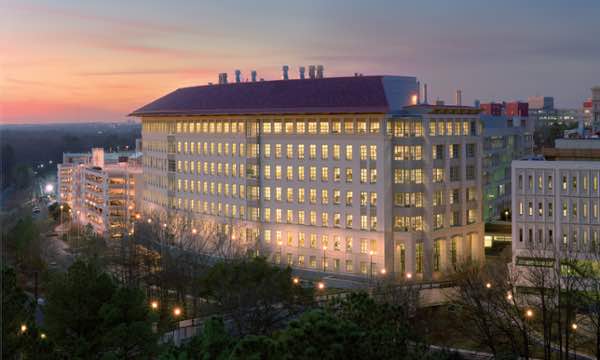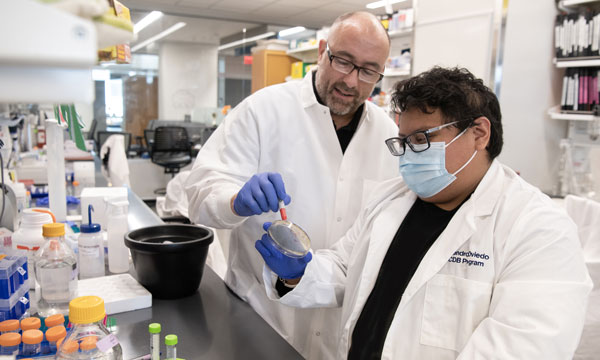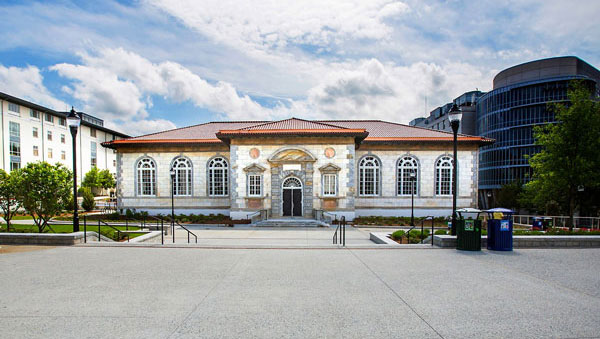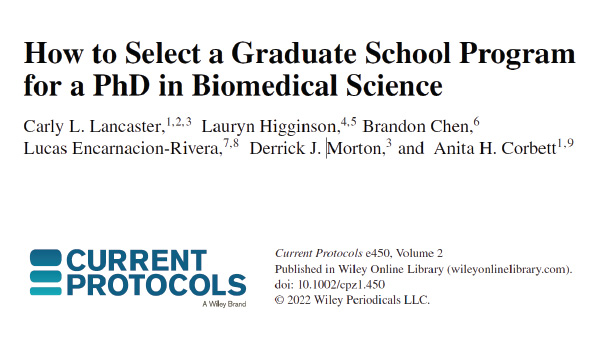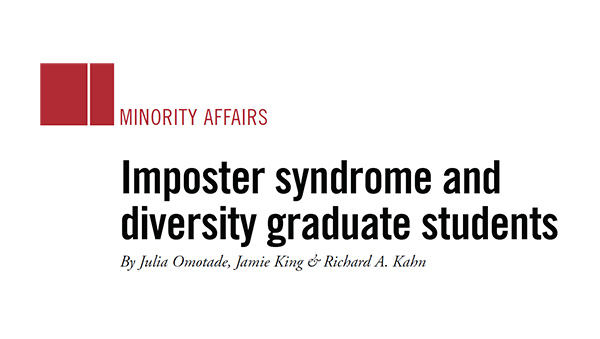Academic Overview
The life sciences are advancing at an unprecedented pace. At the core of these advances are three foundational life sciences: Biochemistry, Cell Biology, and Developmental Biology. Biochemists elucidate the chemical reactions that sustain all living things; Cell Biologists examine how these reactions govern cellular processes; and Developmental Biologists investigate the interactions of cells during the growth and differentiation of organisms.
Emory's Biochemistry, Cell, and Developmental Biology (BCDB) program combines these complementary disciplines, into an interdisciplinary doctoral training program of the highest caliber. BCDB students are making discoveries at the levels of molecules, cells and organisms that improve our understanding of biological processes, including those that cause or prevent human disease. The pathways to discovery provide the experience necessary for successful scientific careers in academia, industry or government. Whether your goal is basic science or translational research we offer research opportunities that will enable you to impact human health and our understanding of the world.
Academic Environment
Emory University is a premier research institution. Trends in NIH funding rank Emory among the fastest-growing medical centers in the U.S. The medical school is highly ranked, and several major research centers are located on or near Emory's campus:
- The U.S. Centers for Disease Control & Prevention (CDC), the premier public health research and policy organization in the world, is adjacent to Emory, and many CDC researchers are actively involved in Emory's life sciences programs.
- The Emory National Primate Research Center, one of only eight National Institutes of Health-funded national primate research centers, provides specialized scientific resources, expertise and training opportunities in biomedical and behavioral research involving nonhuman primates.
- Two eminent cancer research organizations are close to Emory: the Winship Cancer Institute, part of Emory's Woodruff Health Sciences Center, and the American Cancer Society national headquarters are located a short distance from the campus.
Emory is well known for strengths in many scientific disciplines. With over 55 faculty members in the BCDB program, and over 300 in the Graduate Division of Biological and Biomedical Sciences, Emory is sure to have a leading researcher with state-of-the-art facilities in the specialty of your choice.
We're the Right Size
BCDB students conduct world-class research in an exceptional academic environment on par with other prestigious research institutions, but our high faculty-to-student ratio ensures that each student receives a level of personal attention and guidance that is not available in larger programs. Indeed, BCDB was recently ranked 8th in overall student satisfaction in a survey by the National Association of Graduate Professional Students.
